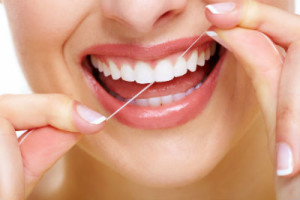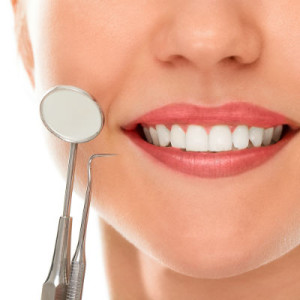 You know you should brush for two minutes and floss every day. But you also know you should get new tires… And you should clean the gutters… And you should stain the deck… And stop eating bacon-wrapped pork rinds!
You know you should brush for two minutes and floss every day. But you also know you should get new tires… And you should clean the gutters… And you should stain the deck… And stop eating bacon-wrapped pork rinds!
Instead, you take your teeth for granted. You rarely floss, brush haphazardly, open bottles with your teeth, chew ice, and don’t even schedule regular cleanings and checkups. Most people pay more heed to the little oil change sticker on the windshield than they do to getting their teeth “serviced.”
But if you take care of your teeth, they’ll take care of you for the rest of your life. Can you really say that about your car? Your teeth deserve some R-E-S-P-E-C-T, as Aretha would say.
At EMA Dental, we believe the best offense is a good defense. So, let’s have a little refresher course in the basics of good home dental hygiene.
Brushing
- Putting in your time now will save you a lot of time in a dentist’s chair later.
- Use a soft-bristled brush. You may think a firmer brush would clean better, but they actually make your gums recede.
- You should spend two minutes. If you want to break that down, think 30 minutes per quarter.
- Brush two or three times daily.
- Start in the back of each quarter and work your way forward in an overlapping circular pattern.
- Hit the inside of the teeth, the molar tops, the outsides, the gumline, the roof, and tongue.
- Don’t be too firm because you can wear down your enamel.
- When your bristles start to fan out, it’s time for a new toothbrush.
Flossing
- Floss once daily.
- Use around 18 inches of floss. Wrap it around either your index or middle finger leaving a two-inch span between them.
- Proper flossing takes about one minute.
- Hit both sides of every tooth, going down just below the gumline.
- Waxed, unwaxed, flavored, plain? Makes no difference, but if cinnamon makes you actually floss, then go for it!
- Ribbon, tape, regular floss, floss picks. They’re all good.
- Flossing can cause a little bit of bleeding, especially if you’ve missed a few days, but that will go away with regular flossing.
Look, you passed Dental Hygiene 101. That was easy, huh? But there is one last piece of the hygiene routine — scheduling twice-yearly visits to your pals at EMA Dental. Beyond removing plaque and tartar and making your teeth sparkle, these visits are the time for us to find early signs of decay or gum disease before they become real problems. Call our Longmeadow or Northampton offices to schedule your next checkup, and do it BEFORE you get your oil changed, will ya!

 From getting fluoride trays at school when we were young to crazy John Birch Society members saying that fluoride in the water supply was a Communist conspiracy, everyone has heard of fluoride. And most people have an idea that the stuff if good for your teeth.
From getting fluoride trays at school when we were young to crazy John Birch Society members saying that fluoride in the water supply was a Communist conspiracy, everyone has heard of fluoride. And most people have an idea that the stuff if good for your teeth.